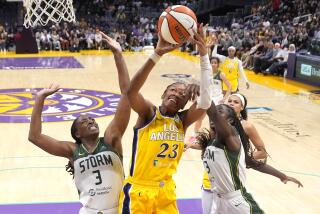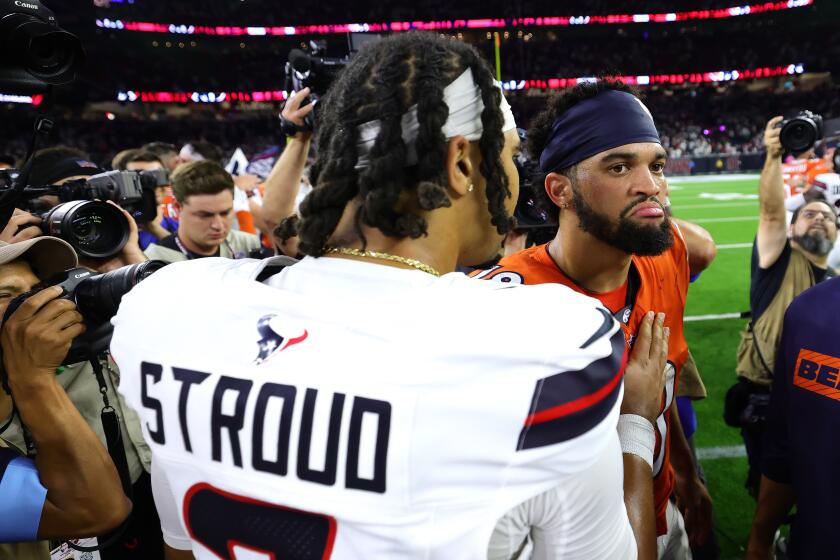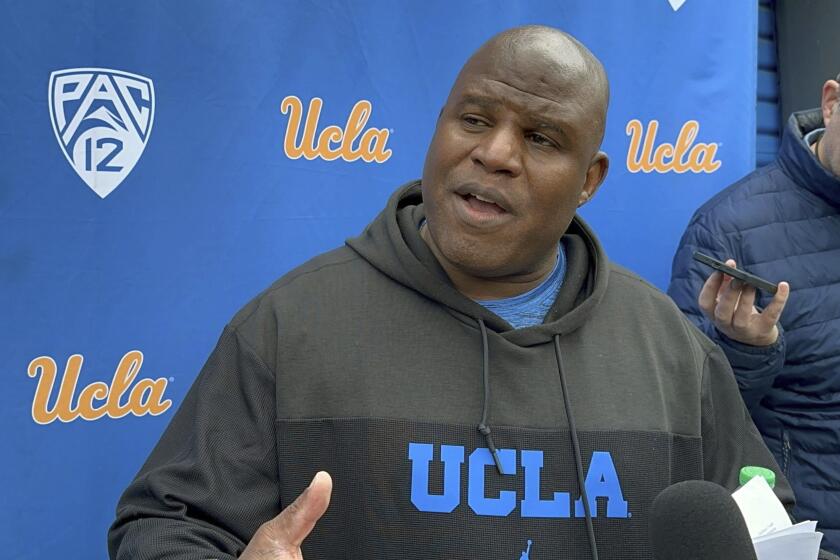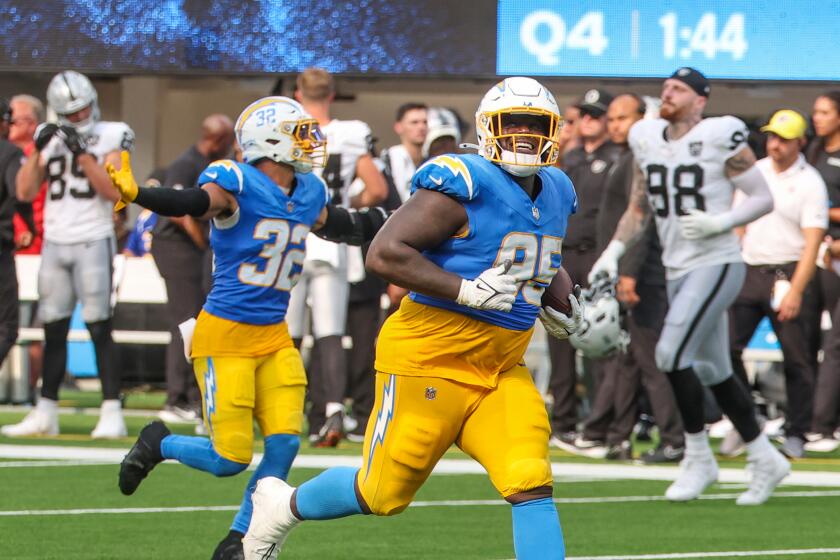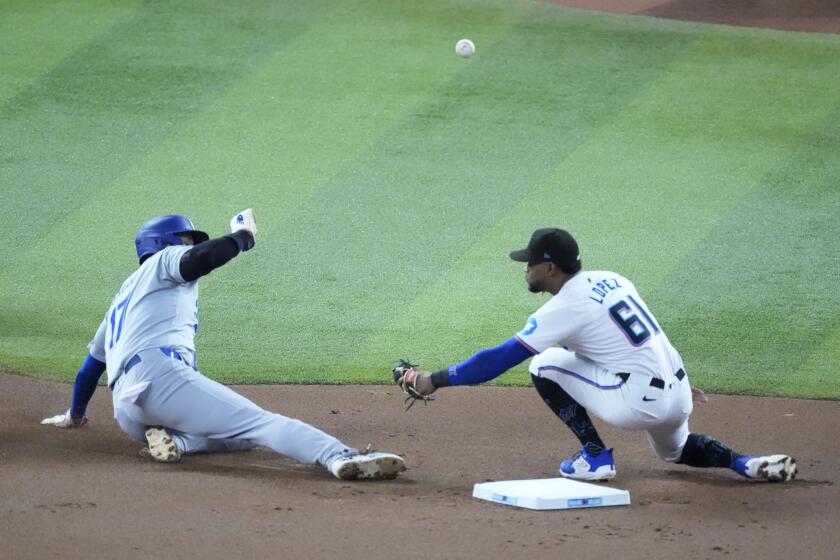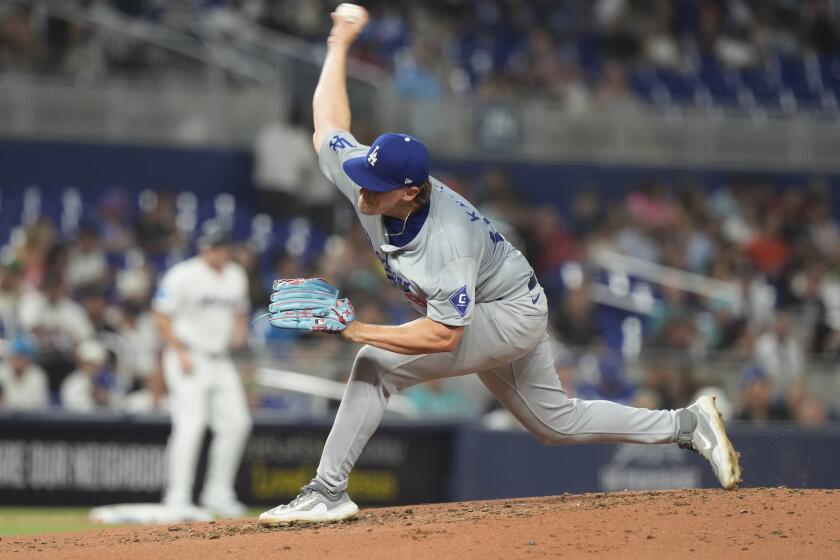A Memorable Meeting That Tiger Never Forgot
As soon as Tiger Woods walked through the door, he felt a strong presence in the room without immediately seeing the man he came to visit.
“He was in the corner, reading the paper,” Woods said. “I said, ‘President Mandela, it’s a pleasure to meet you.’ He started talking about American football. He was just starting to learn about it.”
Woods was coming off a 1998 season in which he won only one time on the PGA Tour while revamping his swing. The week after Thanksgiving, he played the Casio World Open in Japan, then made his first trip to South Africa to play in the Million Dollar Challenge.
Nelson Mandela, the prisoner-turned-president of South Africa, invited Woods to his home.
“I had read all the information about him,” Woods said. “If you’re a minority, you’ve read up on what he did. To go through what he did for 27 years and come out and be as humble as he was, and then run the country ... how tough a person do you have to be to do that?”
Mandela, respected and admired around the world, is a hero in South Africa for his work toward racial reconciliation in an apartheid-scarred nation, despite being imprisoned for 27 years.
Released in 1990, he won his nation’s first all-race election in 1994 after the fall of apartheid. Mandela, 85, retired in 1999, but he remains as popular as ever.
He also is the main reason that Woods, who originally scoffed at the idea of the American golfers traveling halfway around the world after a long season, will be leading the U.S. team in the Presidents Cup.
“If I decided not to go, I’m sure I would have gotten a phone call,” Woods said with a grin. “How can you not want to do anything for that man?”
Ernie Els, the unofficial host of the Presidents Cup, toured the Links Course at Fancourt Hotel and Country Club Estate last month and noticed the anticipation.
“This one is going to be big, it’s going to be huge,” Els said. “They all wanted to know if Tiger was coming. As you know, he can make or break an event.”
Woods’ participation was crucial for the long-term success of the Presidents Cup, which began in 1994 and was patterned after the Ryder Cup, a chance for foreign-born players outside of Europe to play in a team format.
Woods was idolized at the Million Dollar Challenge in 1998, when he lost to Nick Price in a five-hole playoff. Rugby, cricket and golf were considered sports for rich white men. The majority of South Africans play soccer, and to have a man of color be the No. 1 player in golf was inspiring.
Els knew it was important for Woods to play, but he did not feel compelled to intervene.
“I never spoke to Tiger, asking him to please come,” Els said. “It wasn’t like, ‘Here’s my invitation.’ I don’t feel it was my place to do that. It’s the tour’s event. We just wanted this thing in South Africa.”
Els also knew he could rely -- if it came down to that -- on Mandela.
The Big Easy knows Mandela, and said they speak at least once a year by telephone.
“He speaks to you like he’s known you forever,” Els said. “Everybody loves him. And Nelson Mandela, I know personally, is a great fan of Tiger.”
Mandela called Els to congratulate him after he won the British Open last year at Muirfield, and at the end of the conversation, he asked Els to “tell Tiger I said hello.”
Woods said he is looking forward to the matches, and prefers the Presidents Cup to the Ryder Cup because it is not as hostile in the media and the gallery.
He expects to see Mandela at some point during the week, which no doubt will be a highlight.
“I’ve met politicians, presidents, prime ministers, people all over the world,” Woods said. “But I’ve never met anybody like that.”
More to Read
Go beyond the scoreboard
Get the latest on L.A.'s teams in the daily Sports Report newsletter.
You may occasionally receive promotional content from the Los Angeles Times.


